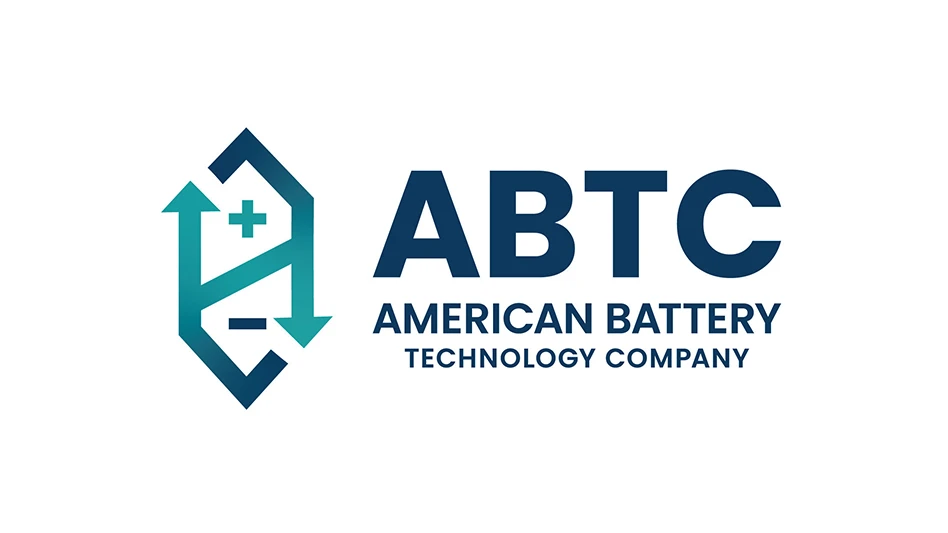
Marquette County Solid Waste Management Authority, a landfill and recycling center that serves residents in rural Michigan, is looking to change the county’s dual-stream recycling program to a single-stream system.
Bradley Austin, authority director, says the transition is in response to market issues and participation in the dual-stream program (40 percent). Single-stream would also help streamline recycling services and better serve the region.
“We’ve got 22 municipalities in our authority and a population of 60,000, so we’ve got some volume issues coupled with marketability issues,” Austin says.
While fiber from the residential dual-stream recycling program is sent to Wisconsin for processing and rigid plastics go to Canada, commercial haulers transfer their single-stream recycling to a material recovery facility (MRF) 120 miles away because Marquette doesn’t have the ability to separate commodities.
“Commercial haulers have a transportation issue,” Austin says. “If we provide a facility, we’ll be able to attract commercial and residential with a goal of getting outside county lines and bring in material from the Upper Peninsula.”
The authority hired Resource Recycling Systems, Ann Arbor, Michigan, to do a feasibility study to move the county from dual to single-stream. The study confirms Austin’s initial thoughts a few years ago that capital investments into sorting equipment would have to be made at the facility.
Municipal programs in New York and other parts of the country are considering going back or have already transitioned back to dual-stream recycling due to contamination and rising costs of recycling. Austin says there’s advantages and disadvantages on both sides.
“When you have 70 to 80 percent of MRFs in the country that are single-stream, I think it seems clear that we’re not doing back to dual-stream, but every program is different. For us, this is where we ended up,” he says. “We have to go to single-stream to be more competitive in the market and bring in tons from outside the county to be efficient as we can possibly be.”
Marquette County is working with the New York-based Closed Loop Fund on a mixed financing option to help purchase the new equipment. Austin says the landfill has an existing building to house the equipment, which cuts down on costs.
Rebranding the landfill’s education program is also an important step in the process. Austin says they are looking into an app for residents to reference collection days and information on what they can and can’t put in their bin. When the landfill presented the study to the community, majority were in favor of the single-stream system.
Austin adds it’s important to get more residents involved in recycling to extend the life of the landfill, which currently has a 53-year life expectancy.
Sponsored Content
Redefining Wire Processing Standards
In nonferrous wire and cable processing, SWEED balances proven performance with ongoing innovation. From standard systems to tailored solutions, we focus on efficient recovery and practical design. By continually refining our equipment and introducing new technology, we quietly shape the industry—one advancement at a time.
“Part of our education that we’ve been pushing is we want to extend the life of the landfill through effective recovery and recycling,” Austin says. “The longer we can make the facility last the better of we’re able to be.”
The single-stream program would still not include glass, which has been accumulating in the landfill for years. The program stopped accepting glass because it doesn’t have equipment to process the material.
Get curated news on YOUR industry.
Enter your email to receive our newsletters.
Latest from Recycling Today
- Circular by Shapiro releases "5 for Five" sustainability series
- Graphic Packaging set to close Ohio CRB facility
- Ameripen voices support for Maryland EPR bill
- Matalco to close Canton, Ohio, plant
- Maryland county expands curbside recycling to include electronics
- California EPS ban will be enforced
- YKK AP America introduces BetterBillet
- Fresh Perspective: Cameron Keefe








